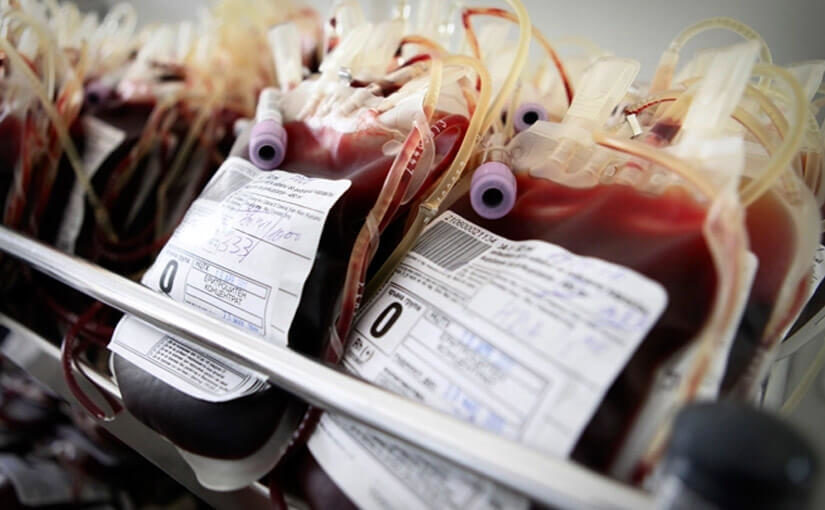It seems like there’s a new health fad hitting the headlines every other week these days but this one has caught our attention – and not in a good way.
A California-based startup, Ambrosia, is enrolling volunteers for the first US clinical trial to investigate the anti-aging effects of injecting adults’ veins with the blood of young people.
Now, we all know that blood transfusions are life-saving.
A regular blood transfusion, which involves pumping the plasma of a healthy person into the veins of a patient via an IV, is an invaluable procedure for surgery patients, women giving birth, cancer patients and trauma victims. But anti-aging? We’re not convinced…
Jesse Karmazin, founder of Ambrosia, claims he has performed the procedure on 30 people and they’re already seeing benefits including renewed focus, improved appearance and more muscle tone. He is aiming to enroll 600 people in the wider trial.
But there is no evidence to suggest this kind of transfusion will have any benefit to the recipient and experts are skeptical that the trial will produce any kind of significant data.
One Stanford University neuroscientist, Tony Wyss-Coray, who lead his own study looking at young plasma in mice in 2014, said;
“There’s just no clinical evidence [that the treatment will be beneficial], and you’re basically abusing people’s trust and the public excitement around this.”
Because that’s the other issue here; the trial procedure, which involves getting 1.5 litres of plasma from a donor between the ages of 16 and 25 over the course of two days, costs each volunteer US$8,000.
Before and after the infusion, participants’ blood will be tested for ‘biomarkers’, a variety of measurable biological substances and processes which are thought to provide a snapshot into health and disease.
Where is the evidence?
Karmazin’s leading motivation was a series of mouse studies that involved connecting the veins of two living mice. Wyss-Coray’s own such study in 2014 suggested that this procedure could rejuvenate a part of the mouse brain where memories are made and stored.
But other researchers on Wyss-Coray’s team were hesitant to suggest the results showed any kind of anti-aging effect.
“We’re not de-ageing animals,” Amy Wagers, a stem-cell researcher at Harvard University told Nature in 2014. Instead of turning old tissues into young ones, Wagers said they were simply helping to repair damage.
Nevertheless, Karmazin remains enthusiastic.
“I’m really happy with the results we’re seeing,” he said.
As for us? We’ll wait and see – the proof is in the plasma after all.
Read the full story on Business Insider.

